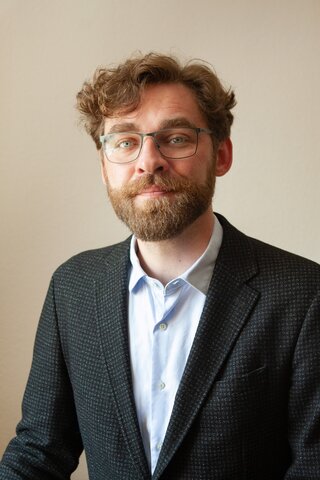
German Early Romanticism is characterized by a newly awakened interest in religious practices and institutions: Novalis and Friedrich Schlegel exchange letters discussing their desire to write a new Bible. Friedrich Schleiermacher discovers religion as a ‘taste for the Infinite’ (Geschmack fürs Unendliche). Ludwig Tieck and Wilhelm Heinrich Wackenroder invent the ‘art-loving monk’ (kunstliebenden Klosterbruder) and visit Catholic churches in southern Germany with curious eyes.
How did this valorization and ‘rediscovery’ of religion occur in a time dominated by Enlightenment? And how does Schleiermacher's transreligious feeling-based religion relate to dogmatic formulations such as the veneration of saints, which writers like Ludwig Tieck and Friedrich Schlegel update? Indeed, a close analysis of early Romantic religious concepts shows that confessional differences played a much greater role than research (and we from a modern perspective) assumes. Not a monolithic block of ‘Christianity’ but clear differentiations between Christian denominations determine the debate ‘around 1800’.
The lecture aims to contextualize early Romantic reinventions of religion as a reaction to late Enlightenment. It wants to analyze its variants through the literary work of three proponents, and finally engage with the scholarly concept of ‘art religion,’ (Kunstreligion) that levels the confessional subtleties of romantic designs.
Dr. Jakob Christoph Heller, Max Kade Visiting Professor, Department of Germanic Languages and Literatures, Spring 2024